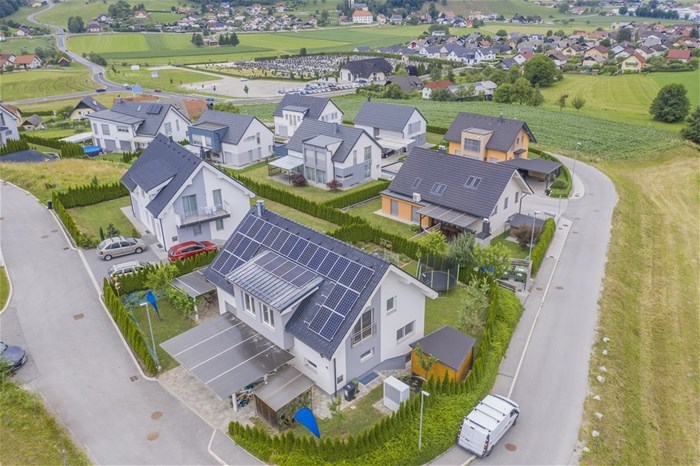What homeowners should know before investing in solar panels

Firstly, homeowners should be aware that the installation of solar panels is governed by the National Building Regulations, Occupational Health and Safety (OHS) Act, and the Construction Regulations, which are three main pieces of legislation that are applicable to this process. Homeowners must understand that the installation of solar panels is deemed to be construction work, meaning that there are certain legal obligations on the contractor carrying out the work, as well as on the client – the homeowner – that must be adhered to.
As solar panels are typically installed on top of a roof, most of the installation work is undertaken at height, placing the onus on the homeowner to appoint a contractor that has the necessary competencies, training and resources to carry out this type of work safely.
Working at height
But working at height also means that the aspect of safety becomes a key consideration, with the OHS Act requiring people who work at height to be certified medically fit for this type of work. Additionally, the contractor must be able to prove that his workers have undergone the required training for working at heights and for installing solar panels, as well as ensure that safe access to the roof is provided, along with the required Personal Protective Equipment (PPE), such as safety harness attached to hook points or lifelines.
Furthermore, homeowners should consider that roofs typically have no secure attachment points for workers to hook onto with their fall arrest equipment. This requires a temporary system to be installed, which must be done by a competent person – a qualified engineer with adequate training and experience – who must design these hook-on points or lifelines. This would be termed temporary works, typically done by engineers who assess and determine how attachment points can be installed.
More often than not, the installation of solar panels requires the erection of some form of scaffolding which triggers a few requirements in terms of the Construction Regulations, meaning that a temporary works designer is required to ensure that the scaffold is erected to standard, specifically when it is a special scaffold that has to be designed, inspected, checked and signed off on for safe use.
Role of temporary works
The role of temporary works is to ensure that workers can get themselves and the equipment they are installing safely up and down the structure they are working on. This includes the erection of scaffolding compliant with Construction Regulations that must be checked, designed and signed off by a competent person. Ordinary scaffolds are deemed to satisfy standard, which means that they do not need an engineer to do a design or provide a drawing. However, when a scaffold is higher than 60m or equipment is used in unconventional ways, an engineer must design, do a drawing and sign off on the temporary structure.
While the regulations around solar panel installation may seem daunting, non-compliance could be costly. In terms of the OHS Act, it is the legal responsibility of every employer (homeowner) to ensure the Act is complied with by every person in their employ, meaning the homeowner must ensure the contractor and all employees are compliant with applicable legislation. Failure to do this means they could be liable for fines.
Currently, changes to the OHS Act are on the cards and will provide for fines of up to R5m or five years in prison for various contraventions, as well as the issuing of spot fines of R50,000 per contravention, applicable to both the client and contractor.
Homeowners are thus advised to use reputable contractors, who have been in business for at least two years and have a proven track record. It is important to ask for references and check that they are legitimate, and thus avoid expensive mistakes.




























